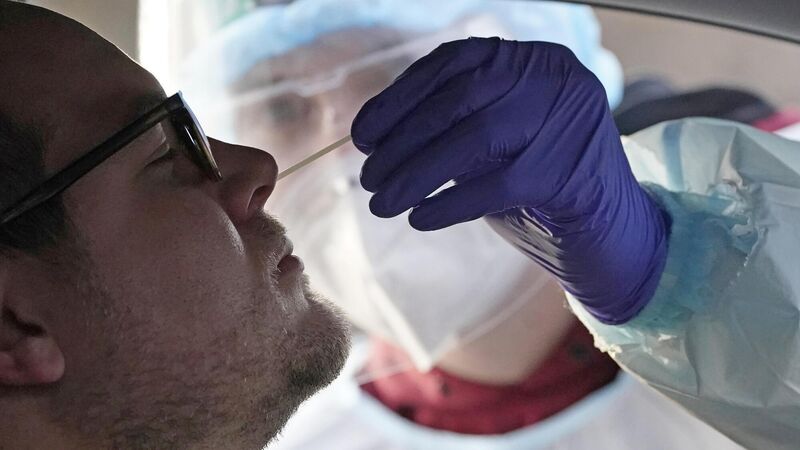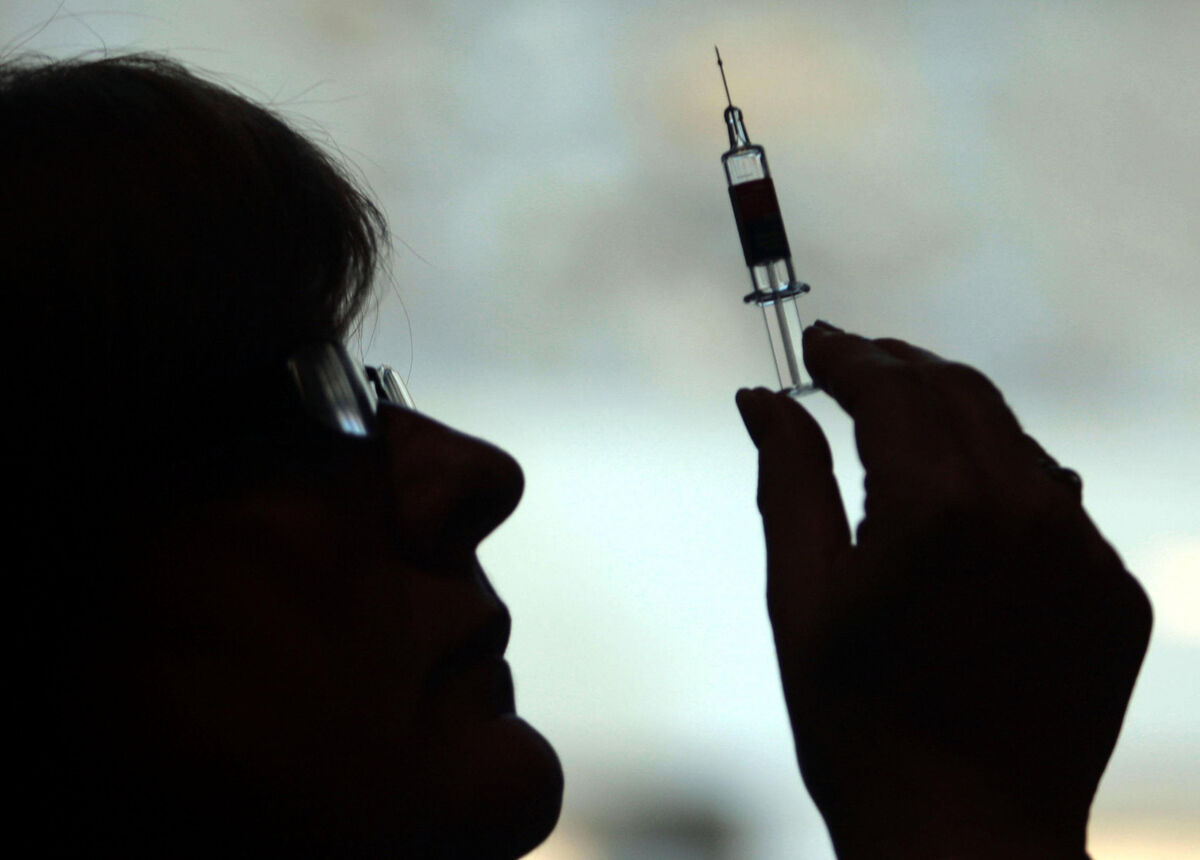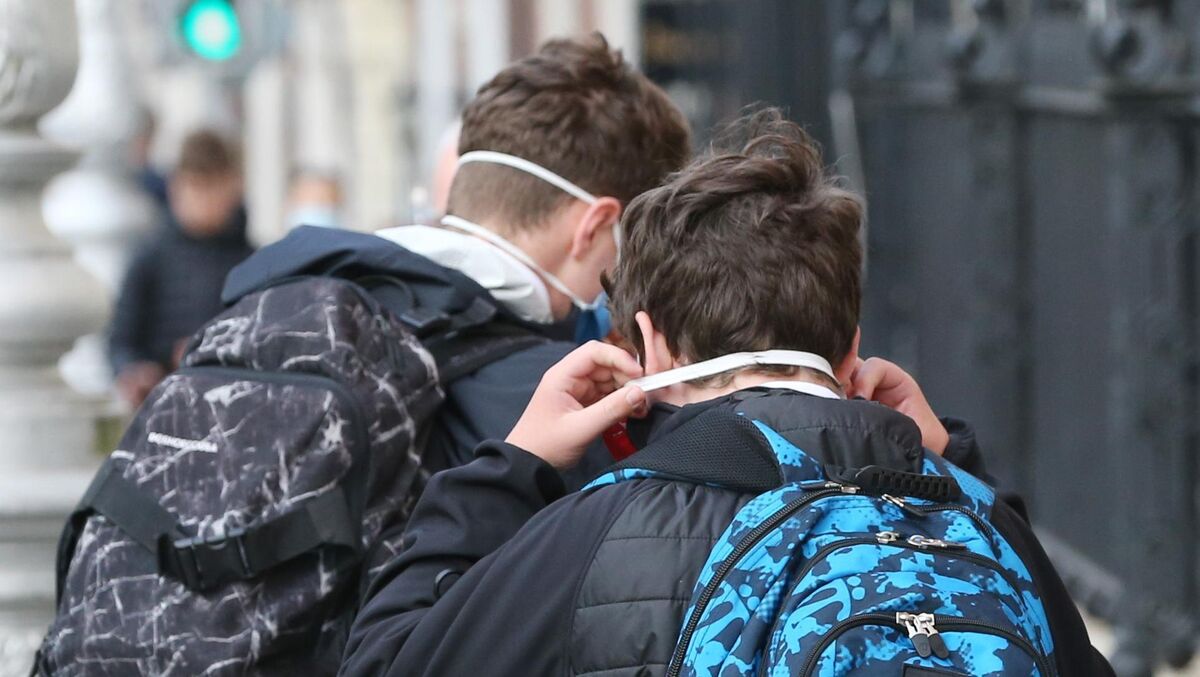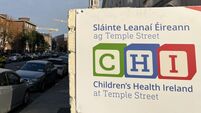Covid-19 spreads easiest indoors but schools not major source, says Hiqa

HIQA: There is consistent evidence that Covid-19 clusters most commonly occur in household settings, and that there is a higher rate of onward transmission in households, compared with other settings. Picture: AP Photo/Rick Bowmer
Further evidence that Covid-19 spreads easiest indoors with large crowds in poorly ventilated environments has been published by the Health Information and Quality Authority (Hiqa).
The research also found most clusters of coronavirus are located in household settings.
Hiqa said the international evidence gathered by researchers reinforces previous findings that insufficient use of face coverings, prolonged contact, and shouting and singing by people increases the risk of Covid-19 spreading.
The health authority published the findings in its latest advice submitted to the National Public Health Expert Team (Nphet) this morning.
Hiqa said this research supports public health official' recommendations for continued restrictions on large indoor gatherings.
Speaking about the research, Dr Máirín Ryan, Hiqa’s Director of Health Technology Assessment and Deputy Chief Executive, said the findings showed complying with HSE health guidelines on social distancing, face masks, and hand hygiene is an effective way to prevent the spread of Covid-19.
“The international evidence highlights that the main factors that contribute to spread of Covid-19 are indoor settings, crowds, and prolonged contact with others," said Dr Ryan, "Much can be done to mitigate risk in these settings, such as ensuring good ventilation and people following public health advice to use face coverings, keep physical distance and wash their hands frequently.”

Addressing the research's evidence of Covid-19 clusters occurring most often in household settings, Dr Ryan said this further reiterates the importance of self-isolating for people when they are confirmed contact with a Covid-19 case or else have contracted the virus.
“Our findings reinforce the importance of adherence to self-isolation guidance, despite the challenges it can pose, for those with Covid-19, those awaiting test results, and those with symptoms suggestive of Covid-19," she said.
"This means following the HSE guidance on self-isolation including staying indoors, in a room with a window you can open, and completely avoiding contact with other people, including where possible other household members, for at least 10 days,” she said.
The research report submitted to Nphet today will inform public health officials ahead of their recommendations to the government next week about the country's future Covid-19 regulations after Level 5 is lifted.
Retailers have called for an earlier easing of restrictions ahead of Christmas trading while guidance on pubs and restaurants for the festive period is expected.
The report singled out drinking and dining indoors, shouting or singing, and prolonged face-face conversation in crowded poorly ventilated settings as factors increasing the spread of coronavirus.
"Consistent evidence" that the virus does not spread as easily outdoors was cited in the report however clusters from outdoor settings were noted.

The report also emphasised the distinction between controlled and uncontrolled environments when communicating Covid-19 risk to the public.
It said a house party was "unsupervised" while schools were "supervised". The report said this environment impacts a person's awareness of public health measures.
Schools in Ireland according to the data gathered in the report have not been a major source of Covid-19 infections.
Chief Medical Officer, Dr Tony Holohan, said the latest rise in new Covid-19 cases this week goes against the previous “positive trends” after the move to Level 5.





